
Mon, 2020/09/14
New Regulation Mechanism of Interferon Signaling Pathway
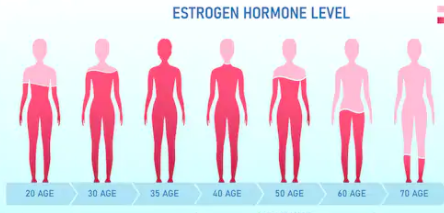
Sat, 2020/08/15
Identify a Key Protein that Can Regulate the Female Body's Estrogen Cycle - RSK2
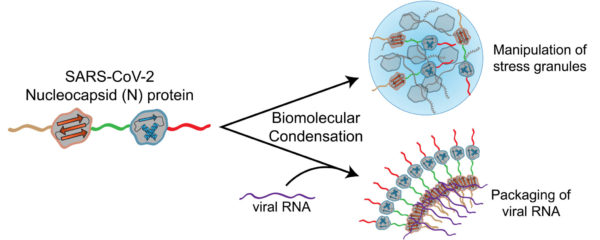
Fri, 2020/08/14
A Special Protein May Help SARS-CoV-2 to Spread Rapidly in Host Cells!
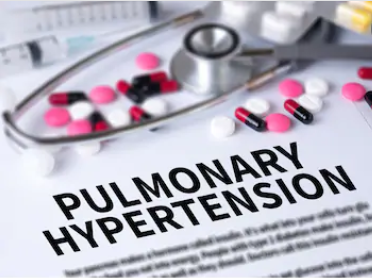
Thu, 2020/07/23
The Use of Activin/GDF Fusion Protein Is Expected to Treat Pulmonary Hypertension

Thu, 2020/07/23
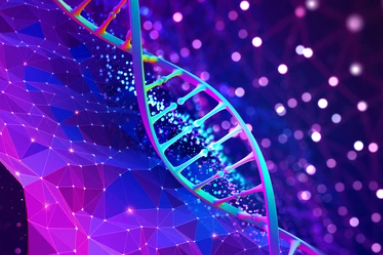
Wed, 2020/06/24
PNAS: Obese Hormones Increase the Risk of Sepsis
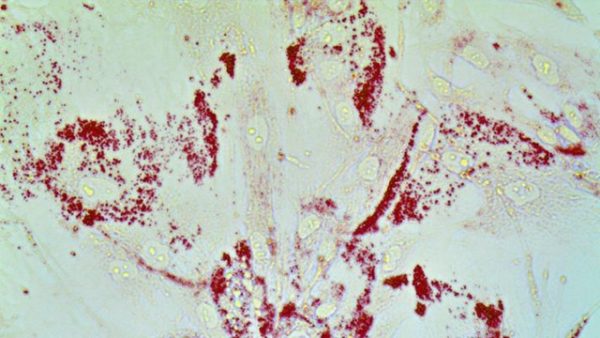
Wed, 2020/06/24
Loss of Fat-regulated Genes Accelerates Metastatic Spread of Prostate Cancer

Thu, 2020/05/21
Anti-Inflammatory Drug Anakinra May Improve Respiratory Function in Some Severe COVID-19 Patients
